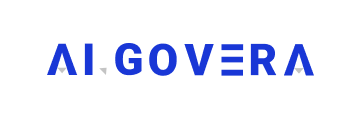Project Title: ETL and dashboarding for Transparency in coverage data released by healthcare providers.
Project Description:
In 2020 USA federal government passed a rule Transparency in Coverage)to make it easier for patients to calculate cost of healthcare before the treatment. Also, it asks coverage providers to make three informations negotiated rates, out-of-network allowed amounts, and drug pricing information public. After multiple delays, coverage providers finally dropped first batch of data in july. The dataset is in form of predefined json format as prescribed by CMS. The compressed json files are very large in size going over 1TB. Overall it will drive down the healthcare costs as providers compete and insurers compete for market share.
This data is gold mine for payers and providers. A study done by RAND shows that private health plans paid hospitals more than twice the amount paid by medicaid for same plans. Another study found claims that consumers would save money if they paid in cash at the pharmacy instead of using their health plan. A publicly accessible data would allow consumers to better plan the healthcare cost and bring down the cost. The dataset is released monthly and can be aggregated for future use like predicting the trend in health plans.
GRANT DELIVERABLES:
- Scrape, parse and create ETL(extract transform load) pipelines backed by data integrity checks.
- Publish the data to the ocean marketplace
- A D-app for the project
- Queries and dashboarding through compute-to-data
Team
Ashwini kumar Pal
Role: Data Scientist/ ML Professional
eth address : 0x8513A856a88e63374286d0116C192733444894C0
